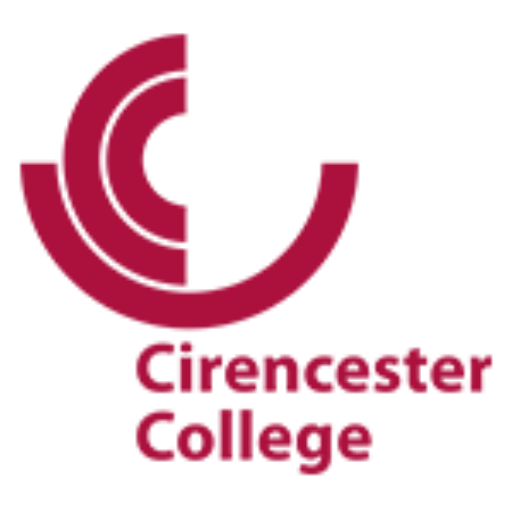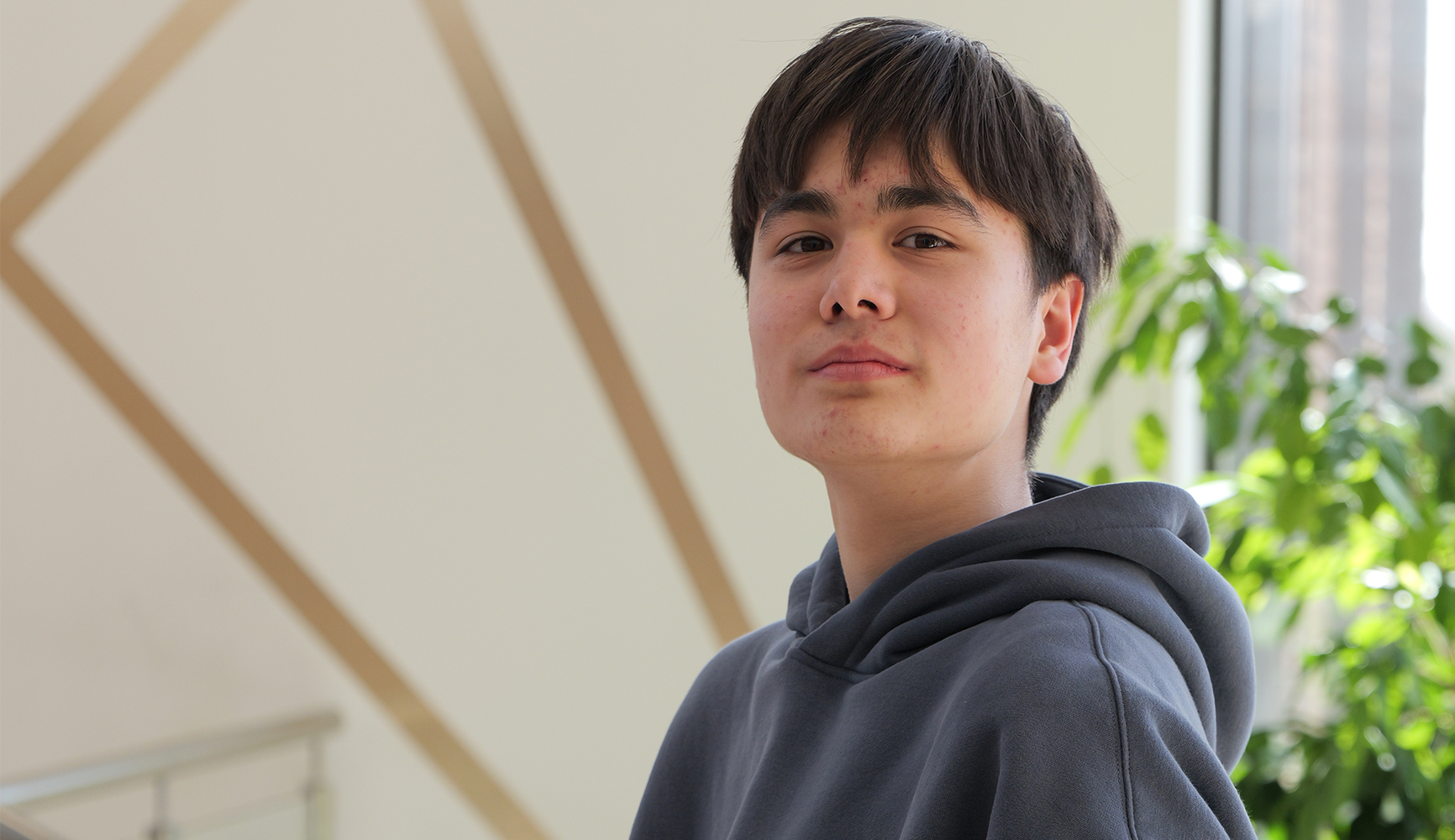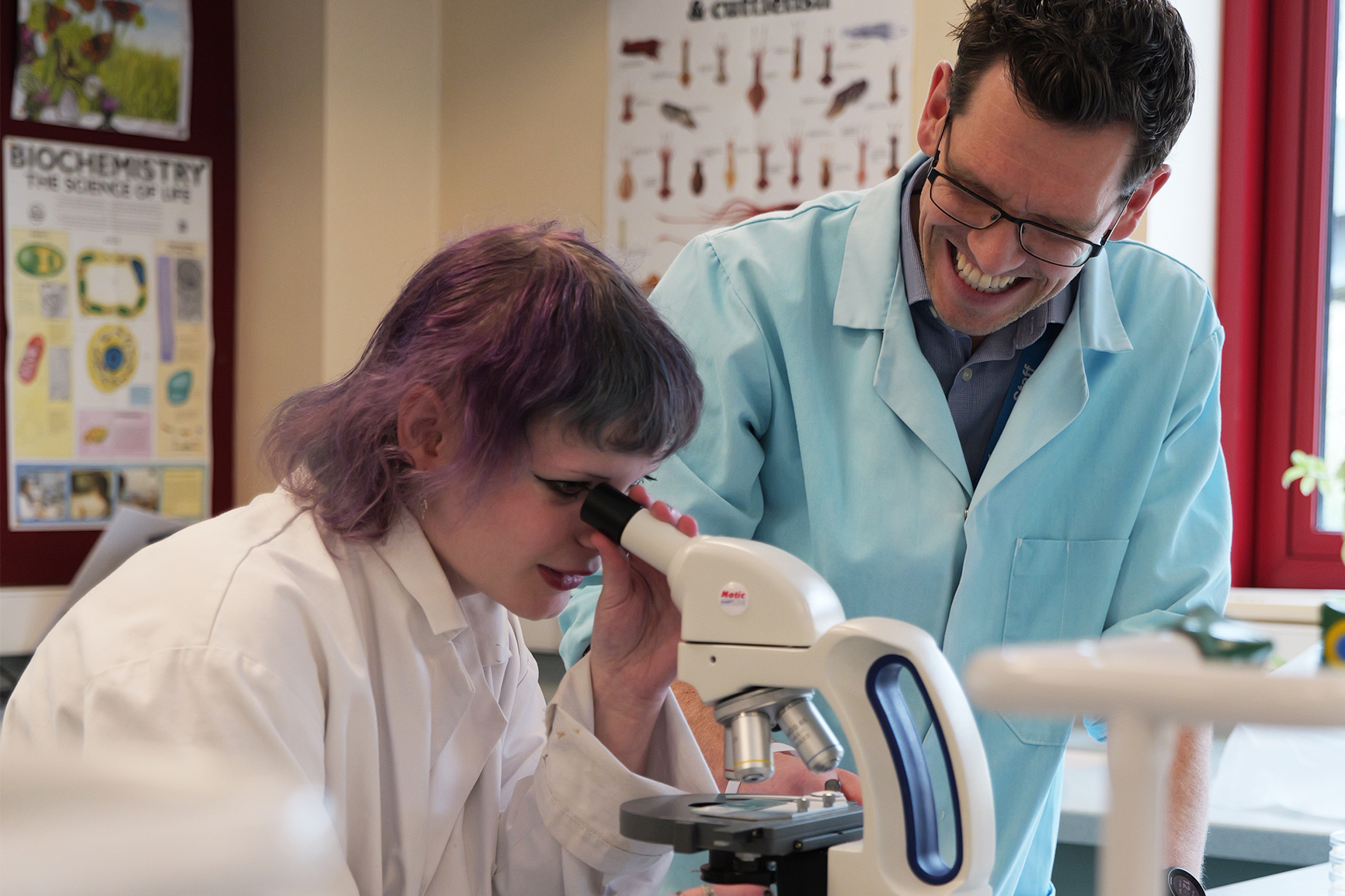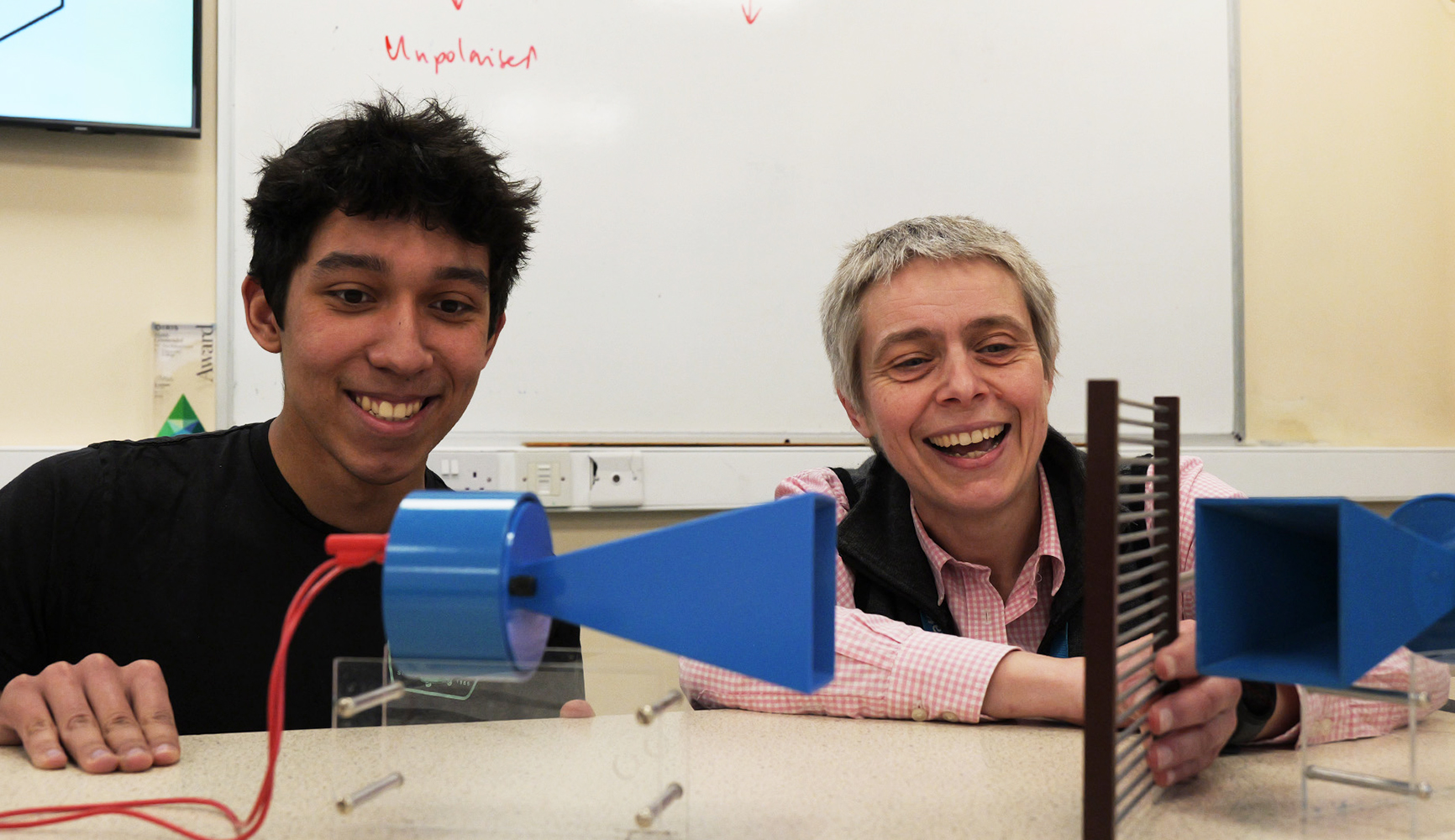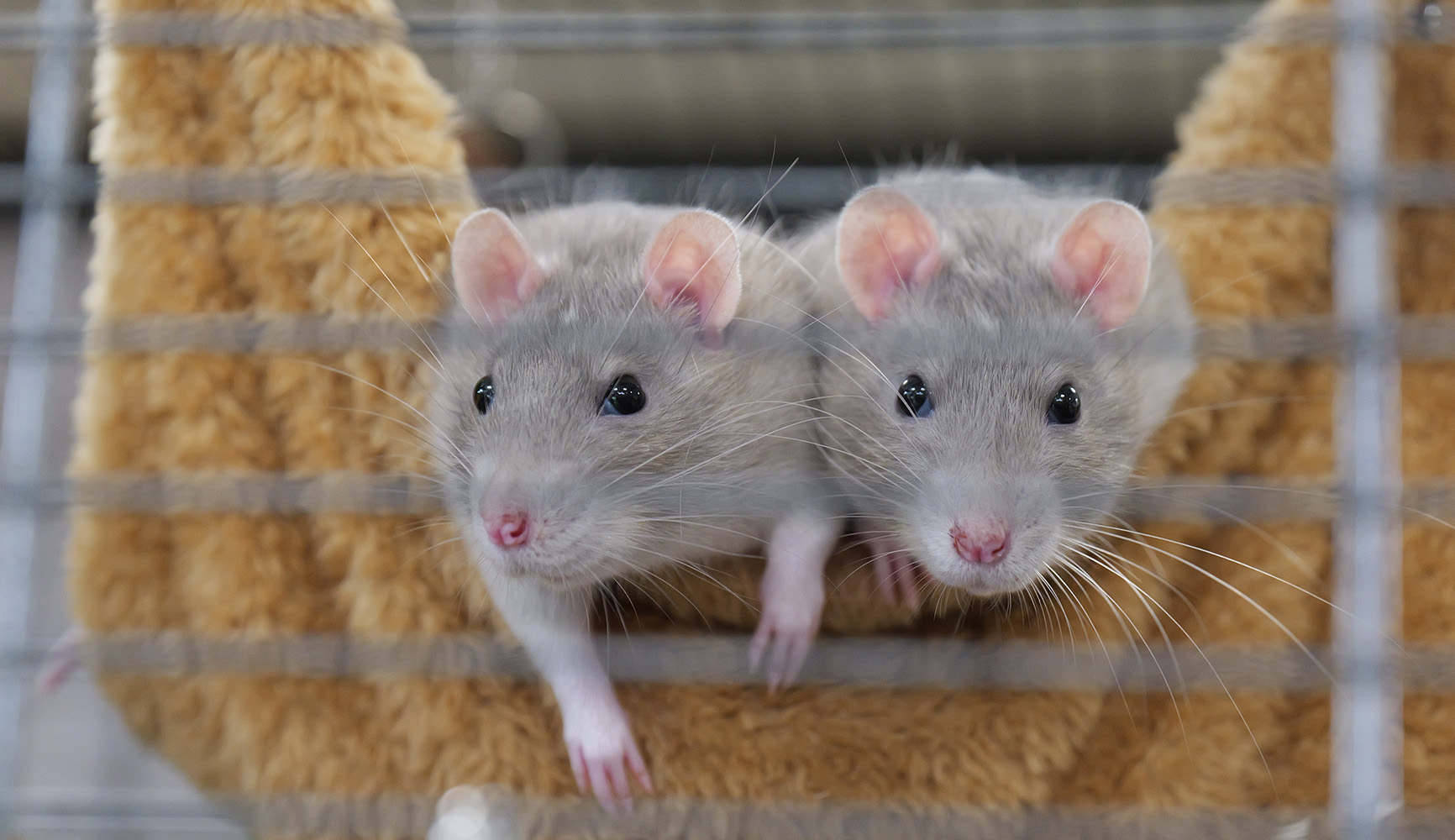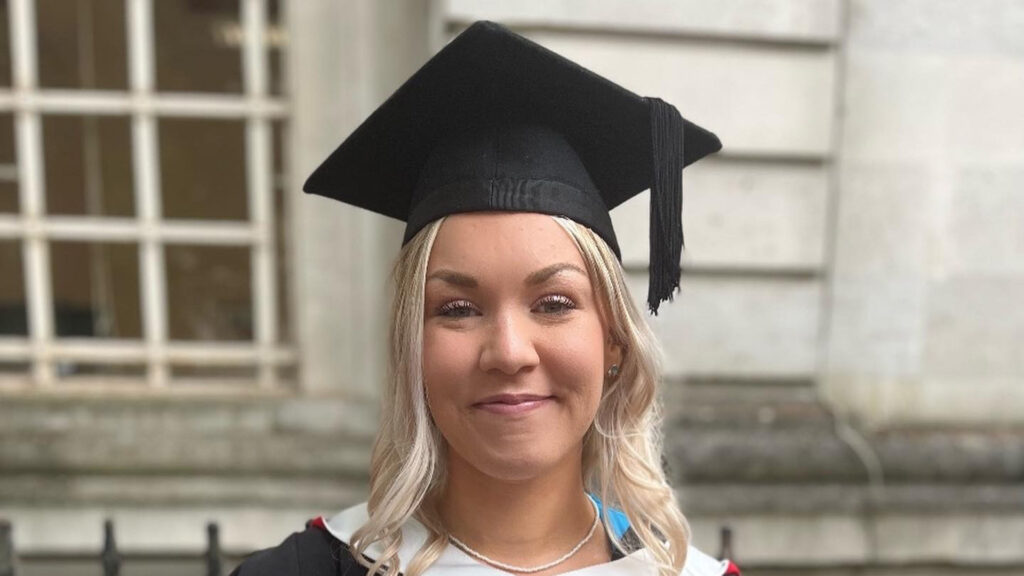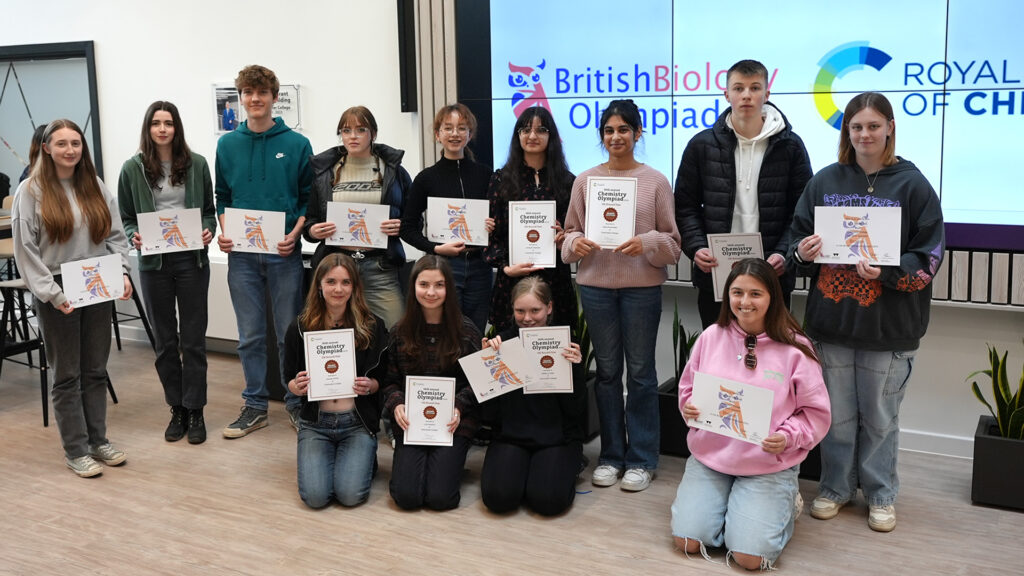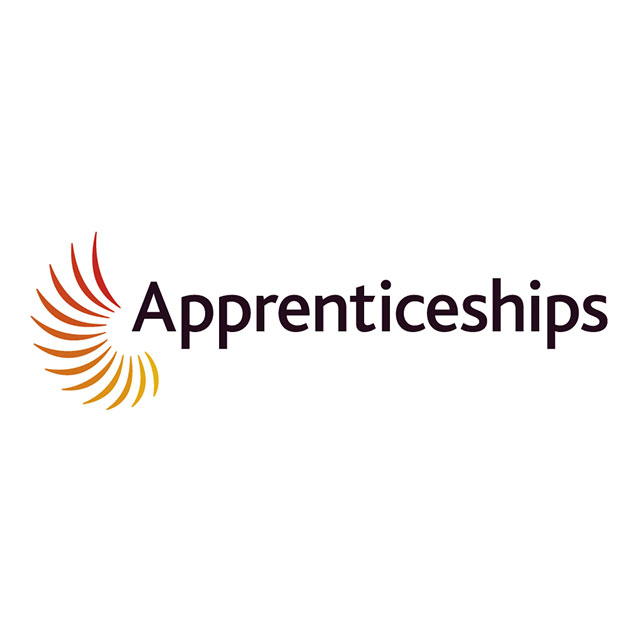DO NOT DELETE OR EDIT THIS ROW OR ITS CONTENTS

Chemistry is everywhere, from the reactions happening in your body keeping you alive, to the shampoo you use to wash your hair, or even the fuel needed to heat your home or run your car! Studying Chemistry involves an exploration of matter at a molecular level. It is often seen as the ‘central’ science providing insights into a variety of interlinking physical and biological phenomena. Have you ever wondered: What makes perfume smell? How fireworks have so many different colours? How new drugs are discovered? These are just some of the questions you will be able to answer by studying Chemistry.
What will I study in Chemistry A-level?
The A-level course is divided into practical skills plus 10 compulsory chapters, called "Storylines". Each chapter deals with an area of the world and how Chemistry is used to understand it, so by Christmas you'll already be able to answer questions about the world around you.
Development of Practical Skills
- Around 30 practicals
- Improve your technical skills in the lab
- Practise applying the ideas you learn elsewhere
- Activities are distributed throughout the 2 year course
1. Elements of Life
- What are elements and where do elements come from?
- What elements are involved in our bodies?
- How does the periodic table help us to predict the properties of elements?
- What are salts, how are they made?
2. Developing fuels
- What's in a car's fuel tank?
- Why can we get energy from fuels?
- How are plastics made?
- What else could we use instead, to prevent climate change?
3. Elements from the sea
- What are halogens and how do they behave?
- How and why is chlorine useful?
- How does the chemical industry approach problems with halogens?
4. The ozone story
- What is the atmosphere made of?
- Why is the ozone layer important, and what happened to it?
- What steps are scientists taking to protect the atmosphere?
5. What's in a medicine?
- How are medicines made?
- How can we use spectroscopic techniques to know what we've made?
- Making aspirin 3 week project
6. The chemical industry
- Why is nitrogen important?
- How are nitric and sulfuric acids made?
- How are rates of reaction investigated and improved?
7. Polymers and life
- What are the synthetic fibres in your clothes, and how are they made?
- What are proteins and how are they structured?
- How do enzymes work?
- What does DNA do?
8. Oceans
- How is the pH of the oceans maintained?
- What role do oceans have in climate control?
- What is entropy and why do chemical reactions happen?
9. Developing Metals
- Why are transition metals special?
- How do batteries work?
- Why do metals work as catalysts?
10. Colour by Design
- What features of chemicals make them coloured?
- How can we modify those chemicals to change their colours?
- How can you plan an organic synthesis?
Entry Requirements
5+ GCSEs at Grade 4 or above all from the core subjects including English Language. Average GCSE Grade 6, Grade 6 in Maths and Grade 6 in Chemistry OR Grade 6-6 in Combined Science.
How will I learn?
Learning will take place in many ways including:
- Teacher-led explanations, questioning and practice
- Teachers modelling how to complete questions
- Practical work
- Team Based Learning, where you'll work with other students to solve problems
- Independent learning outside of class, including Flipped Study to prepare for lessons and practice, review and completion of questions after the lesson.
All resources used in lessons are put on to Chemistry Microsoft Teams page, enabling learners to access resources at any time.
How will I be assessed?
Formative Assessment:
This is assessment where the purpose is to help you to improve. We are trying to check if you've understood an idea so we can see if it's time to stretch you further, or if you need something recapped first. That's all assessment which isn't submitted to the exam board.
We will assess you through:
- Individual questioning in class
- Whole class response methods, such as mini whiteboards or multiple choice questions
- Live marking in class
- Homework, which is often self-marked, but we'll take a look to check that your self-marking is effective and accurate, to help you build your independent study skills. Other homeworks will be handed in and marked by us.
- End of topic tests
- Interleaved assessments, where we check how well you are remembering and revising previous topics
- Observing your practical work
- Marking your practical write-ups
All formative assessment comes with feedback to help you improve. Sometimes this is through Teams (often on practical write-ups), sometimes by having a conversation with you or changing the pace of the lesson to suit where you're at and sometimes through written feedback.
Summative Assessment:
For A-level, there are three written exams in the summer of your second year:
- Paper 1: Fundamentals of Chemistry 2h 15 min (41%)
- Paper 2: Scientific Literacy in Chemistry 2h 15 min (37%)
- Paper 3: Practical Skills in Chemistry 1h 30 min (22%)
Practical skills are assessed in both written exams and through the practical endorsement. The practical endorsement is assessed throughout the course and is awarded a pass or unclassified (separate to your final grade).
Any trips?
There are a range of trips and experiences organised throughout the course including:
- Chemistry in Action A-level Chemistry Lectures at Warwick
- Royal Society Summer Science Exhibition
- RSC Analyst Competition
- Chemistry Olympiad
- Cambridge Chemistry Challenge
Are there any costs involved?
During the course students will complete a work booklet for each topic including past paper questions. Students will be expected to pay for these as we go through the year, unless you prefer to bring a tablet or laptop to every lesson and work on a digital copy instead.
The total cost is approximately £20 per year.
Device Requirements
MacBook (8GB RAM minimum | M2 or above)
or
Windows laptop (8GB RAM minimum | Ryzen 3 or Intel i3 12th Gen or above)
If you already own a device that meets the technical requirements of your course, you are welcome to bring it with you to college.
If not, more information on a convenient rental and help-to-buy scheme designed specifically for Cirencester College students is linked below.
FAQs
This course is context-led, which means that you'll be able to start applying your knowledge to real chemical situations almost straight away. We've chosen this specification because it provides the best opportunities for you to develop wider skills that you'll need for the workplace or futher study, without compromising on your chemical content knowledge. It also shows you how the concepts you're learning are used, which makes them easier to remember.
Some of the wider skills we'll be helping you to develop include: scientific literacy (reading and understanding science articles), numeracy and graphical skills, problem solving, digital skills, collaboration and communication.
There are lots of ways we try to help you to consider your next steps, be that univeristy, work or an apprenticeship.
- The college runs talks from visiting speakers in lots of fields which relate to Chemistry - most of these are at lunchtime and open to anyone, but sometimes we'll have a talk specific to Chemists during lesson time.
- We take part in virtual chats with scientists and/or people working in STEM at least once per year, so you can find out about what it's like to be in the workplace and how to get into that job.
- If you complete an IRIS project, you'll get a flavour of what being a scientific researcher is like as you do original research as part of a team.
- Our Royal Society and Chemistry in Action trips give you the opportunity to hear from scientists about their current research.
- We also recommend looking into Summer Schools and Nuffield Research Placements, and we're happy to help you with applications for those.
- We as a college encourage you to organise a work experience placement for yourself in February of year 1 (when year 2 students are doing mocks) and we have access to an online work experience platform for those industries where it's difficult to get a placement (or so you can have a look at several different placements).
- When you join us you'll get a Unifrog login. This is a platform where you can learn more about your next steps (work, university, apprenticeships) and you have space to track and reflect on your experiences, which will make it easier to write your applications.
Chemistry is an important subject for many different careers including medicine, biology, environmental science, engineering, space exploration, developing perfumes and cosmetics. The skills developed are transferable and highly valued by many other professions including Business, Law and ICT.
If you are not also studying A-Level Maths, taking L3 Mathematical Studies (Core Maths) can give you further practice at some of the maths you will do in A-Level Chemistry. This is a one-year course that you would take alongside your other 3 subjects, with exams at the end of your first year. The overlapped content will mostly be topics that you have seen at GCSE, such as fractions and percentages, and handling data, so Core Maths could give you on opportunity to further your work with these in a number of real-world contexts. Core Maths also looks at critical analysis, data handling and probability, and personal finance which can all be applied to life beyond your A-Level studies.
There are a range of enrichment activities for you to participate in, including:
- Attend the Chemistry in Action A-level Chemistry Lectures at University of Warwick
- Attend the Royal Society Summer Science Exhibition
- Participate in Chemistry Olympiad
- Complete the Cambridge Chemistry Challenge
- Complete an Institute for Research in Schools (IRIS) project (real research)
- Nuffield Research Project (run externally)
- Empowered Females in STEM (run externally)
A-level is very different from GCSE, but we are aware of that and we will help you to develop the skills you'll need to become a great A-level student. We see ourselves as a stepping-stone from school to university or the workplace, and therefore our job is to help you get ready!
Here are some of the ways we support you:
- Study skills are explicitly taught as part of our lessons at the start of the course
- We build up concepts and skills slowly, so you know what's expected.
- We'll give you lots of guidance about what you can do with your minimum 4.5 hours independent study per week, but as you progress through the course we'll also give you options as you learn what works for you.
- Revision is embedded throughout the course, not all at the end
- Drop-in sessions and interventions run weekly to support you if you have questions or get stuck during independent study time, and you can also contact your teacher on Teams or email between lessons
- We signpost to extra reading you can do if you're really interested in a topic
Awarding Body
OCR
Available As
[56 UCAS pts. available]

Add to Application
What can I do after I have taken this course?
Available As
[56 UCAS pts. available]

Add to Application

DO NOT DELETE OR EDIT THIS ROW OR ITS CONTENTS
What the students say
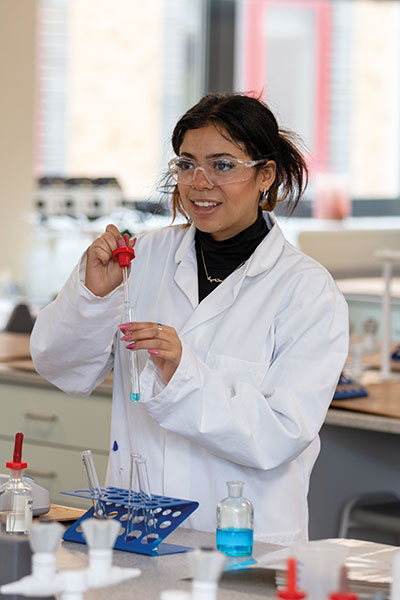
”I’m genuinely enjoying learning all the content as the lecturer makes the lectures really engaging and they also support me when they can.
Lilia

